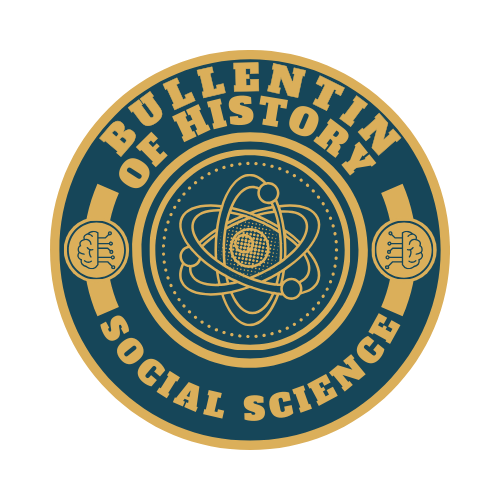
Name of Journal:
International bulletin of History and Social Science
Journal Frequency: 4 Issues Per Year (Quatrly)
ISSN Online: 3078-9052
ISSN Print: 3078-9044
Language: English & Urdu
Publisher Address:SIR ASIF Educational Research Institute H.16, Street Model Bazaar Shadab Colony Chung Multan road Lahore



